SU Creates New College of Health and Human Services
.jpg) SALISBURY, MD—Salisbury University today announced the creation of a new College of Health and Human Services (CHHS).
SALISBURY, MD—Salisbury University today announced the creation of a new College of Health and Human Services (CHHS).
This dramatic restructuring of academic programs reflects the growing importance of these fields. It supports related workforce demands as the state and nation try to address the opioid epidemic, the rapidly aging Boomer Generation and distinct rural health care needs.
Set to launch this fall, the CHHS is expected to become the largest academic unit on campus, with nearly 2,200 students.
The idea for the new college came from faculty in the Richard A. Henson School of Science and Technology and the Samuel W. and Marilyn C. Seidel School of Education and Professional Studies.
“They were looking for more efficient and effective ways for their disciplines to collaborate and achieve common goals,” said SU President Janet Dudley-Eshbach. “I believe their vision and desire to better serve students and the community will benefit academic programs across campus. I applauded their initiative.”
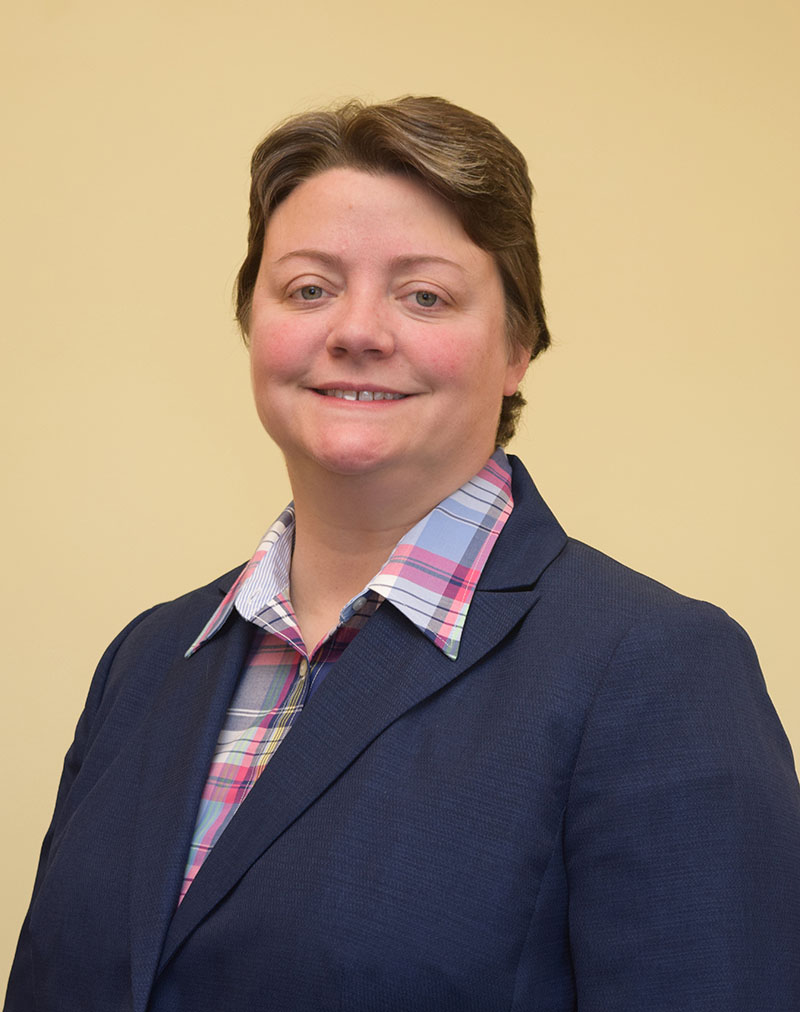 “This new college will more strongly connect many programs that have natural affinities, similar processes such as clinical and certification requirements, and shared goals,” said Dr. Karen Olmstead, interim provost and senior vice president of academic affairs. “It also places SU in line with university administrative structures which are the norm across the country.”
“This new college will more strongly connect many programs that have natural affinities, similar processes such as clinical and certification requirements, and shared goals,” said Dr. Karen Olmstead, interim provost and senior vice president of academic affairs. “It also places SU in line with university administrative structures which are the norm across the country.”
Approved by the University System of Maryland Board of Regents, the new college will house three different schools: Nursing, Social Work and Health Sciences. Dr. Kelly Fiala (pictured) will take the helm as transitional dean, bringing expertise in academic leadership, most recently as interim dean of the Seidel School and director of SU’s Athletic Training Program.
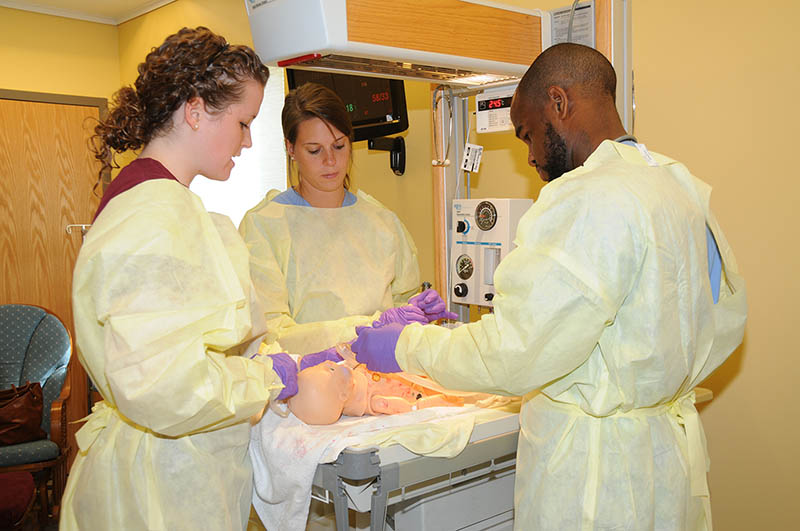 According to POLITICO, the health care industry is on pace to become the largest job sector in the U.S. in the next three years. The country has experienced nursing shortages for decades, but an aging population means the problem is about to get much worse. Currently, some 10,000 Americans are turning 65 every day. According to a GrayShore study by SU’s Business, Economic and Community Outreach Network (BEACON), the population of the Eastern Shore is aging faster than the rest of Maryland. With two-thirds of Medicare beneficiaries suffering from multiple chronic conditions, the demand for nursing and other health care services will soar.
According to POLITICO, the health care industry is on pace to become the largest job sector in the U.S. in the next three years. The country has experienced nursing shortages for decades, but an aging population means the problem is about to get much worse. Currently, some 10,000 Americans are turning 65 every day. According to a GrayShore study by SU’s Business, Economic and Community Outreach Network (BEACON), the population of the Eastern Shore is aging faster than the rest of Maryland. With two-thirds of Medicare beneficiaries suffering from multiple chronic conditions, the demand for nursing and other health care services will soar.
The Maryland Board of Nursing ranks SU as having the highest 10-year average pass rate of all USM institutions on the National Council Licensure Examination for Registered Nurses. Most recently, the University topped all B.S. and B.S.N.-granting programs in the state.
“Despite this stellar achievement, our nursing program is one of the very few at four-year institutions in Maryland that is not in a college or school of nursing or healthcare,” said Dr. Jeffrey Willey, who will lead the new School of Nursing.
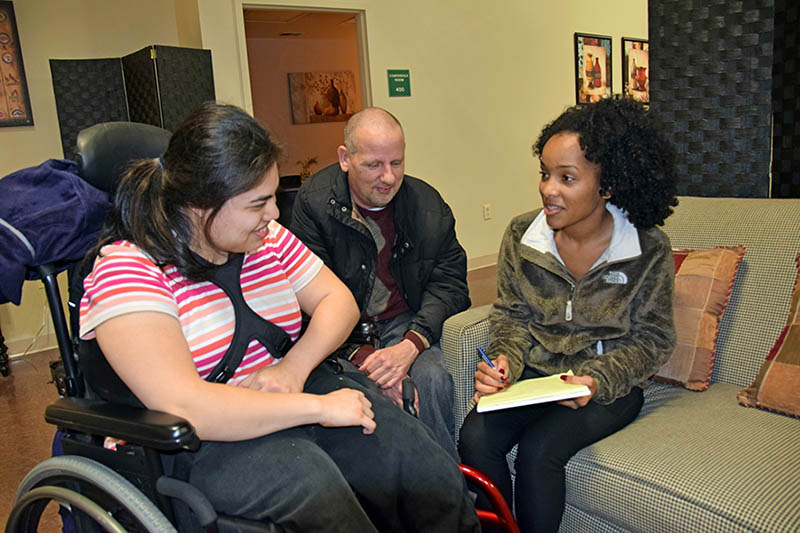 “The Social Work Department has the largest graduate program on campus,” said Dr. Deborah Mathews, who will head the new School of Social Work. “This realignment will enable us to collaborate more easily with colleagues and expand inter-professional programming. It also may help in securing grants or creating continuing education programs in areas such as addiction and substance abuse.”
“The Social Work Department has the largest graduate program on campus,” said Dr. Deborah Mathews, who will head the new School of Social Work. “This realignment will enable us to collaborate more easily with colleagues and expand inter-professional programming. It also may help in securing grants or creating continuing education programs in areas such as addiction and substance abuse.”
In Maryland, heroin-related deaths more than tripled from 2011-2016, according to the Maryland Department of Health and Mental Hygiene. The state’s drug overdose death rate is the fifth worst in the country.
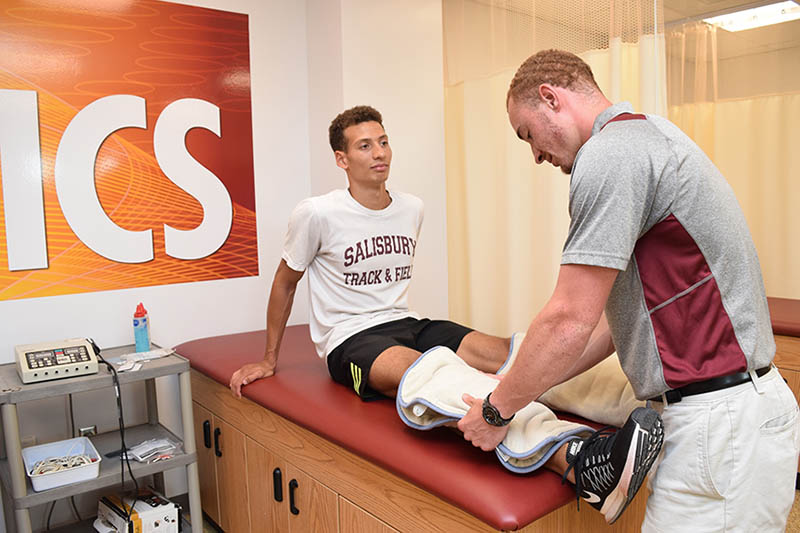 The School of Health Sciences will include programs in applied health physiology, athletic training, community health, exercise science, fitness and wellness, medical laboratory science, and respiratory therapy. “This unique combination of programs connects daily health maintenance with frontline medical care, positioning SU as a leader in interprofessional education for students interested in these fields,” said Dr. Robert Joyner, who will lead the Health Sciences School.
The School of Health Sciences will include programs in applied health physiology, athletic training, community health, exercise science, fitness and wellness, medical laboratory science, and respiratory therapy. “This unique combination of programs connects daily health maintenance with frontline medical care, positioning SU as a leader in interprofessional education for students interested in these fields,” said Dr. Robert Joyner, who will lead the Health Sciences School.
“We look forward to the synergy created among our exercise physiology, sports medicine, injury prevention and wellness related programs within the new college,” Fiala said. “The national accrediting agency for athletic training recommends the programs in that field align with schools of health sciences. This may become a national requirement in the future.”
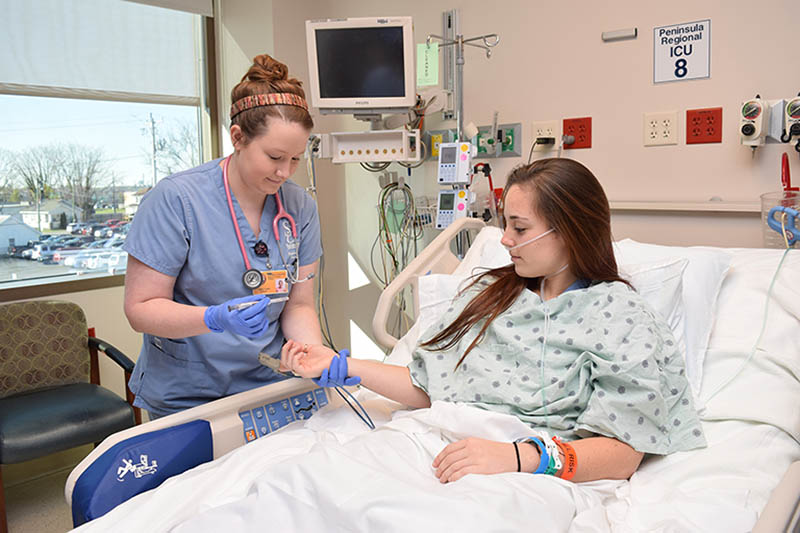 SU’s Respiratory Therapy Program produces the largest number of baccalaureate graduates in the country, and its director recently completed a two-year term as president of the National Board of Respiratory Care. The Medical Laboratory Science Program serves a high workforce demand in Maryland, as do many other health care programs. SU’s Community Health Program has experienced burgeoning enrollments in the past few years and plans to extend to Hagerstown.
SU’s Respiratory Therapy Program produces the largest number of baccalaureate graduates in the country, and its director recently completed a two-year term as president of the National Board of Respiratory Care. The Medical Laboratory Science Program serves a high workforce demand in Maryland, as do many other health care programs. SU’s Community Health Program has experienced burgeoning enrollments in the past few years and plans to extend to Hagerstown.
The strategic reorganization of the CHHS will allow the Henson School to focus on its STEM (science, technology, engineering and mathematics) disciplines. Similarly, the Seidel School will concentrate on teacher education and leadership development, all critical workforce needs.
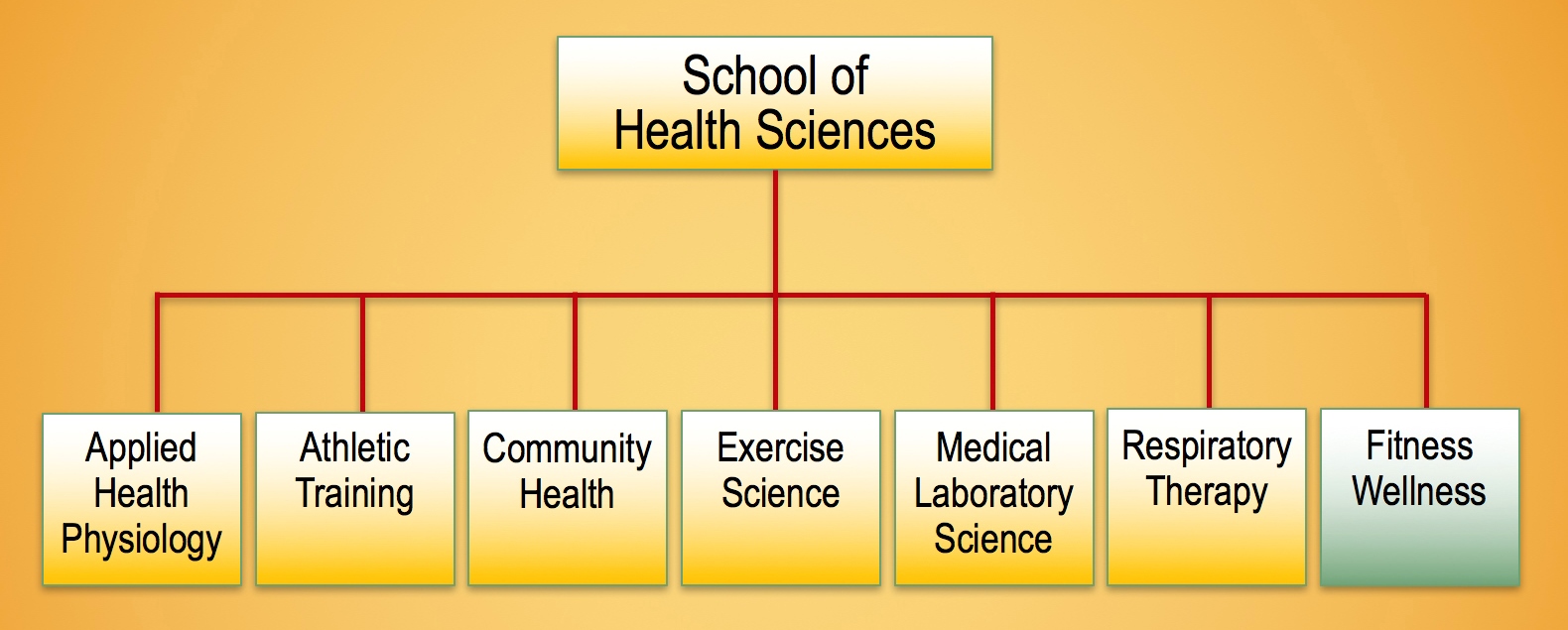 The College of Health and Human Services is the second college to be established at SU. The first was the Honors College in 2016. The University has no plans at this time to change its existing schools into colleges. Instead, it will have a mixed school/college structure, found at other peer institutions.
The College of Health and Human Services is the second college to be established at SU. The first was the Honors College in 2016. The University has no plans at this time to change its existing schools into colleges. Instead, it will have a mixed school/college structure, found at other peer institutions.
What could change is the name of the new college—if an interested benefactor were found.
For more information, visit the SU website at salisbury.edu or call 410-543-6030.
